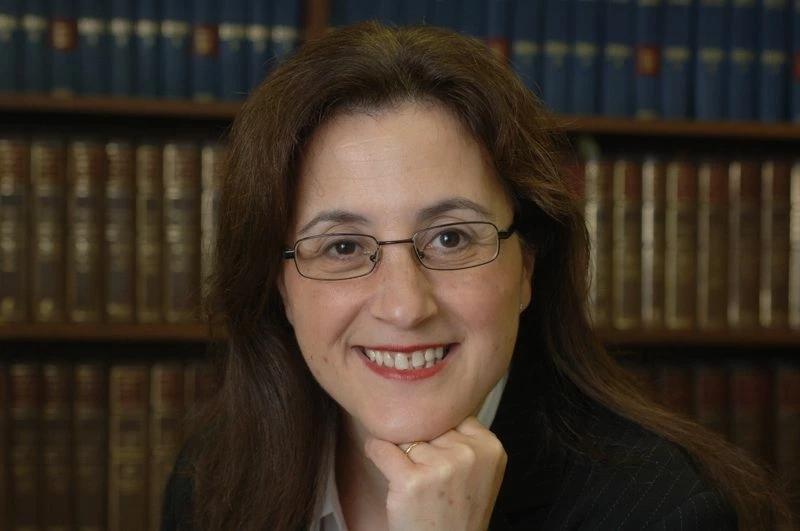
Partner Article
Samuel Phillips Law Firm explore family law arbitration
Jennifer Goldstein, partner and specialist in Family Law with Samuel Phillips Law Firm, has recently been accredited as one of the first Family Law Arbitrators in England and Wales. She discusses how arbitration introduces another option in often difficult situations.
As of February 22nd, arbitration has been introduced for family law cases. Arbitration has long been available in other areas of law such as shipping and construction. Now, it is a welcome addition to the options available to resolve family disputes.
Whilst it won’t be the right route for many, it will no doubt be ideal for some. For those facing the breakup of a marriage, civil partnership or any family breakdown situation, arbitration offers advantages worth considering.
A wide range of issues can be taken to family arbitration; everything from a grandmother with money in property held in the name of other family members, through to an application by an unmarried parent for a house for their child. Arbitration can deal with discrete issues, for example whether a third party has a legal interest in an asset, as well with the whole range of issues in the case.
Arbitration replicates the judicial process, but gives those in dispute greater control. The process begins with the parties choosing their Arbitrator – this allows them to select someone with experience relevant to their situation. The Arbitrator commits to remain involved until the dispute is resolved, and will therefore have full knowledge of all issues raised. Arbitration allows a more flexible approach to the dispute, and is also likely to prove quicker without waiting for the court to set the date for a hearing.
Arbitration is the only route available in family law which guarantees confidentiality - the final settlement will not be in the public domain. It is conceivable and understandable, therefore, that high profile clients may opt for arbitration to keep the finer details out of the media.
Arbitration is a much needed resource, long overdue in family law - Scotland and Europe have had access to family law arbitration for some time.
Family dispute is complex and requires a spectrum of resources to enable people to sort out their difficulties with the tools that suit their particular position. Ideally these disputes should be resolved on a consensual basis, either working through the issues with solicitors or using mediation and/or collaborative law. However, there are some cases where it is impossible for the parties to resolve their differences and they need a decision maker. In those cases – possibly for reasons of speed, choice of Arbitrator, or consistent involvement of one Arbitrator - it may be easier to have the decision made by arbitration than wait to go through the courts.
When there is a dispute that cannot be settled, as family situations are fluid, difficult issues continue to develop until a decision is made. With arbitration allowing shorter turnaround time, such pitfalls, if not be avoided, can at least then be contained.
The formation of the Institute of Family Law Arbitrators follows extensive consultation by Resolution (the national organisation for family lawyers), the Chartered Institute of Arbitrators, the Law Society, and the Centre for Child and Family Law Reform.
There are fewer than 40 chartered Arbitrators in England and Wales. More will be trained in time. At present there are four in the North East (including North Yorkshire).
This was posted in Bdaily's Members' News section by Samuel Phillips Law Firm .
Enjoy the read? Get Bdaily delivered.
Sign up to receive our popular morning National email for free.








 Raising the bar to boost North East growth
Raising the bar to boost North East growth
 Navigating the messy middle of business growth
Navigating the messy middle of business growth
 We must make it easier to hire young people
We must make it easier to hire young people
 Why community-based care is key to NHS' future
Why community-based care is key to NHS' future
 Culture, confidence and creativity in the North East
Culture, confidence and creativity in the North East
 Putting in the groundwork to boost skills
Putting in the groundwork to boost skills
 £100,000 milestone drives forward STEM work
£100,000 milestone drives forward STEM work
 Restoring confidence for the economic road ahead
Restoring confidence for the economic road ahead
 Ready to scale? Buy-and-build offers opportunity
Ready to scale? Buy-and-build offers opportunity
 When will our regional economy grow?
When will our regional economy grow?
 Creating a thriving North East construction sector
Creating a thriving North East construction sector
 Why investors are still backing the North East
Why investors are still backing the North East